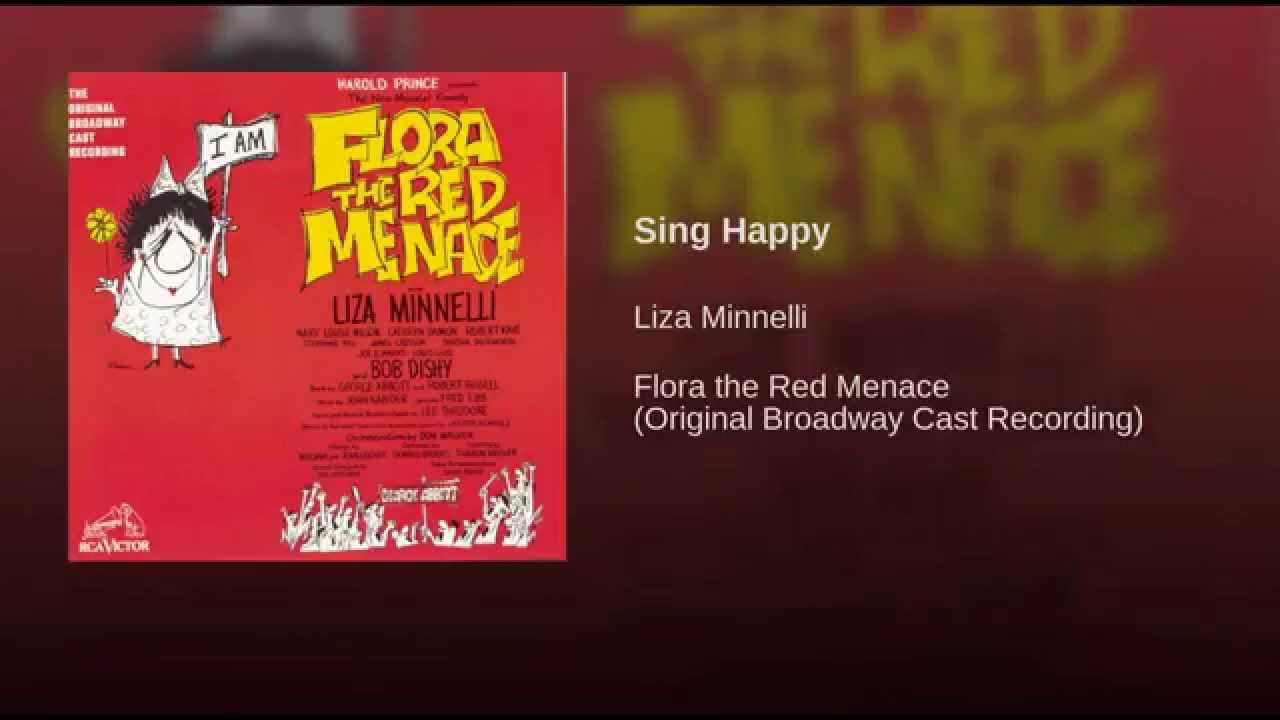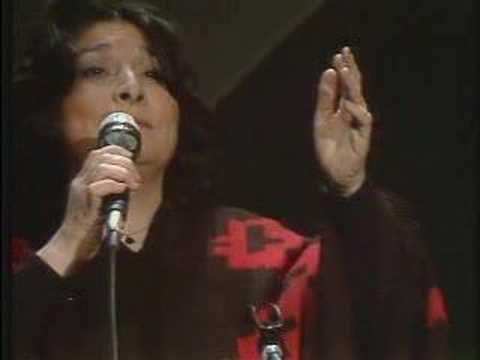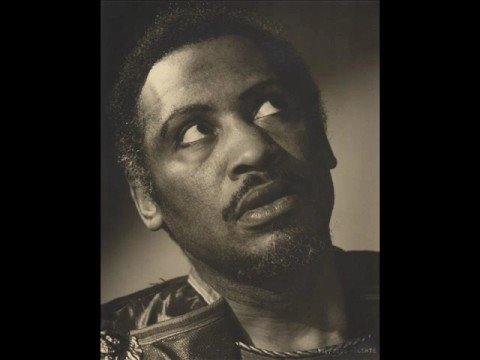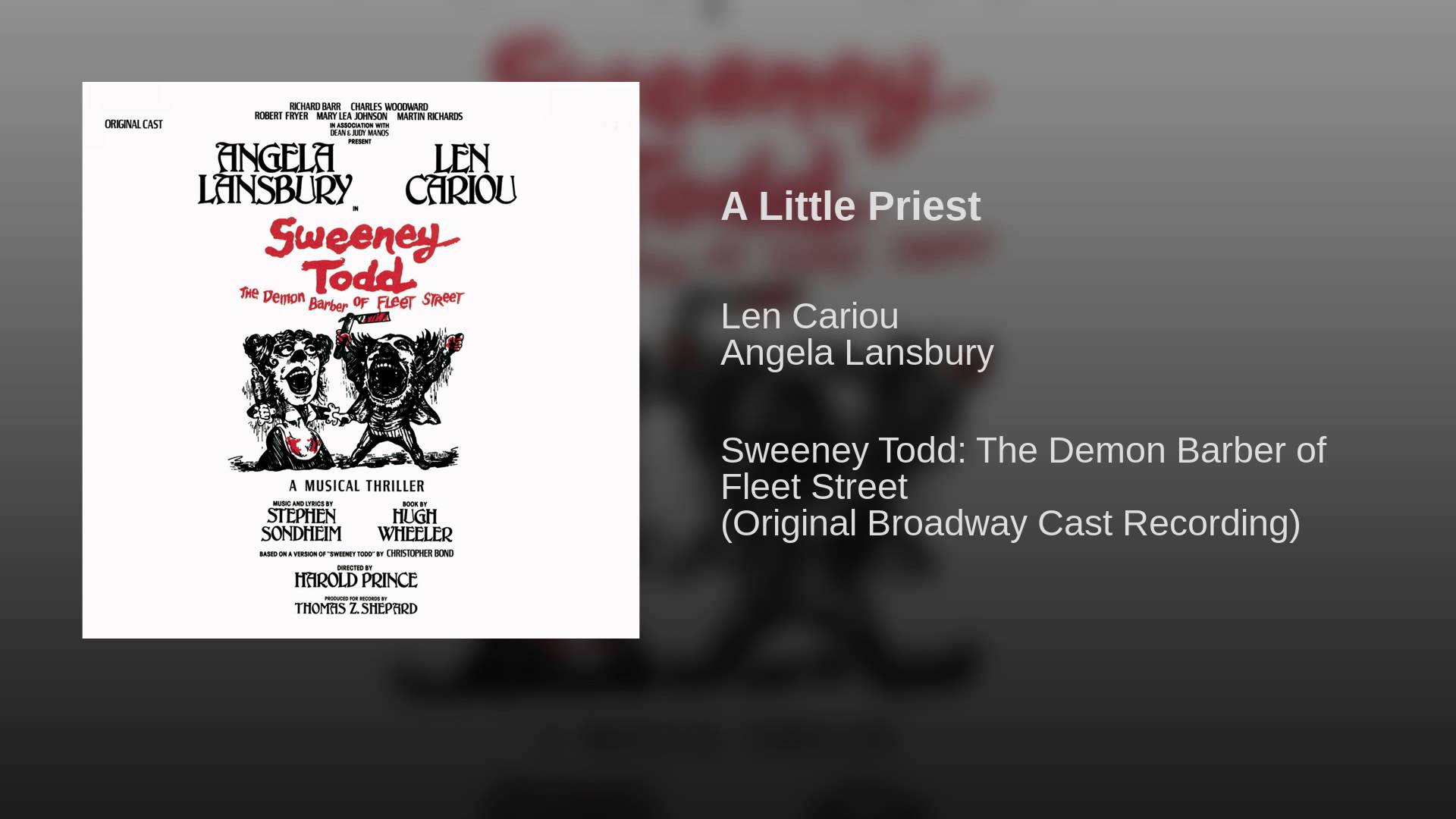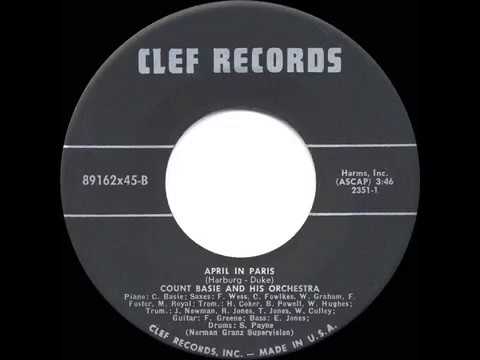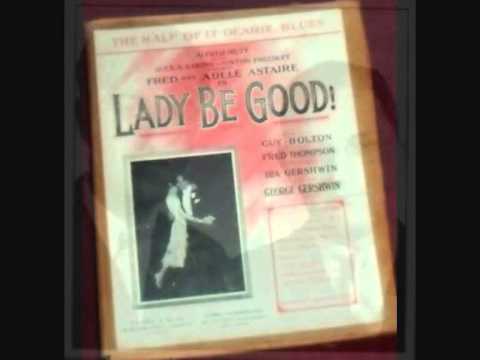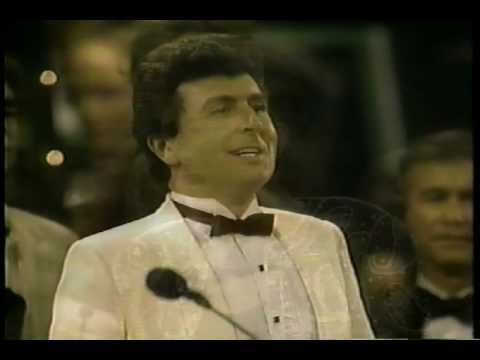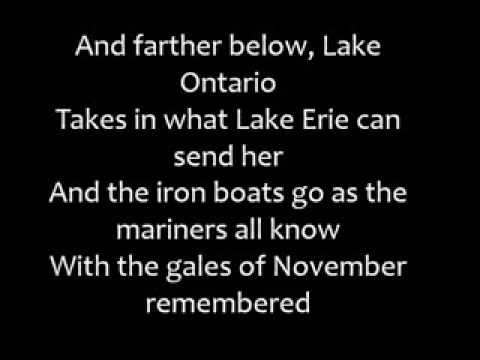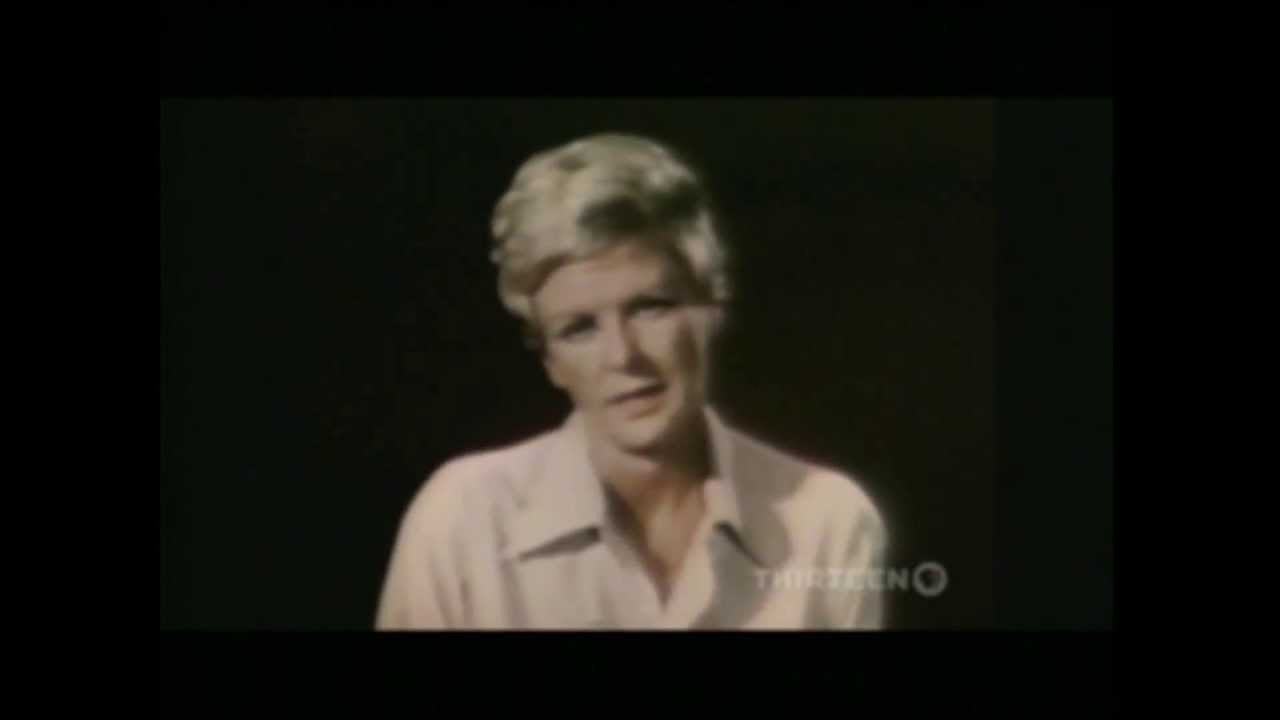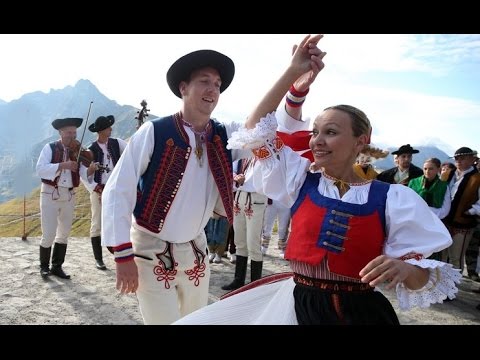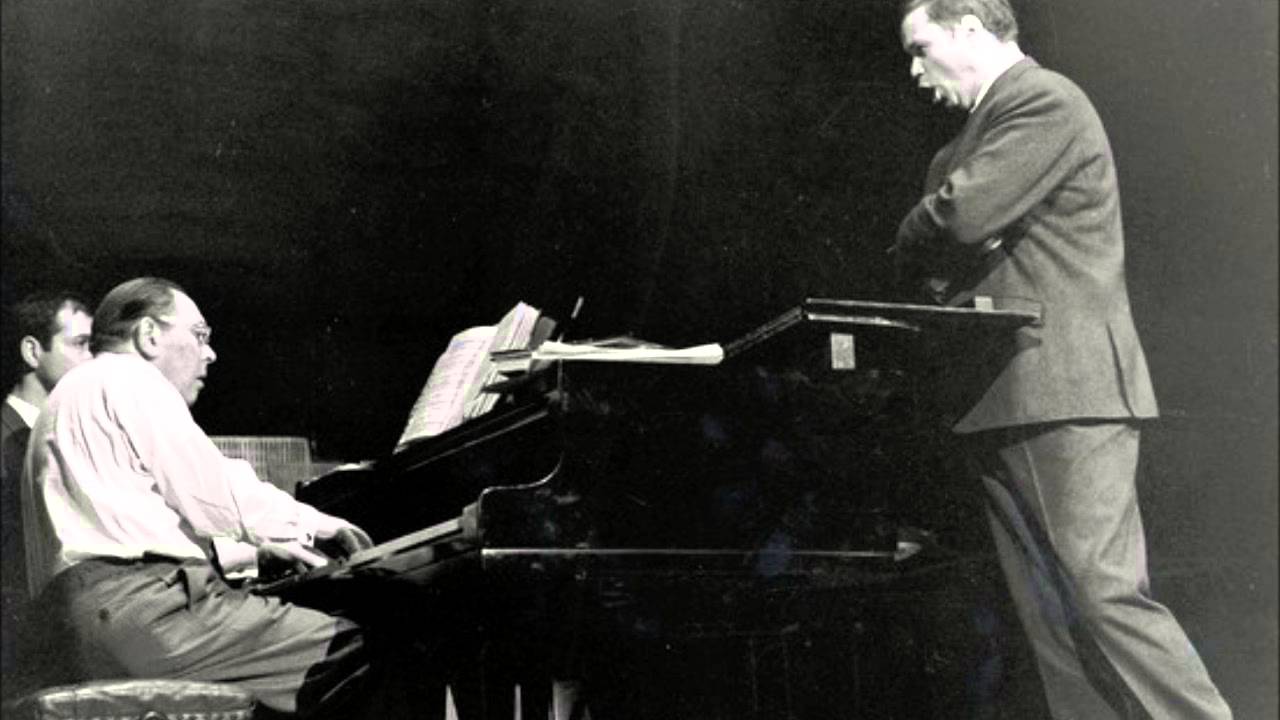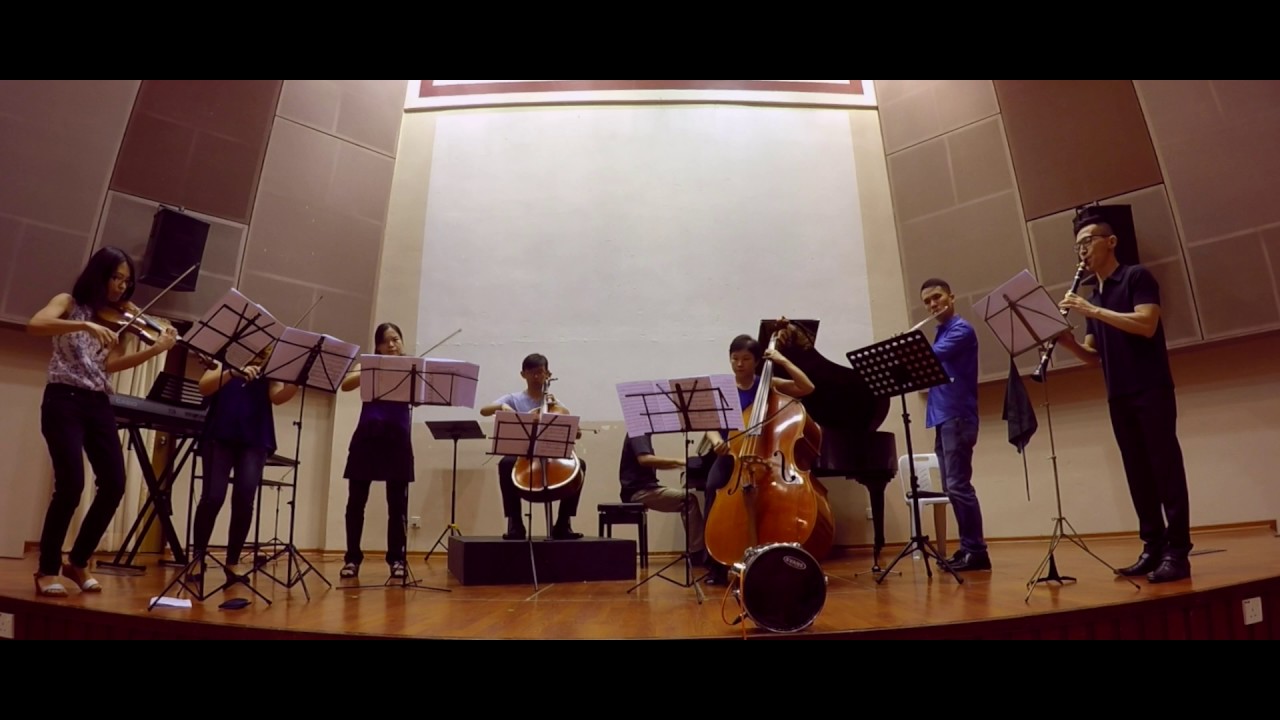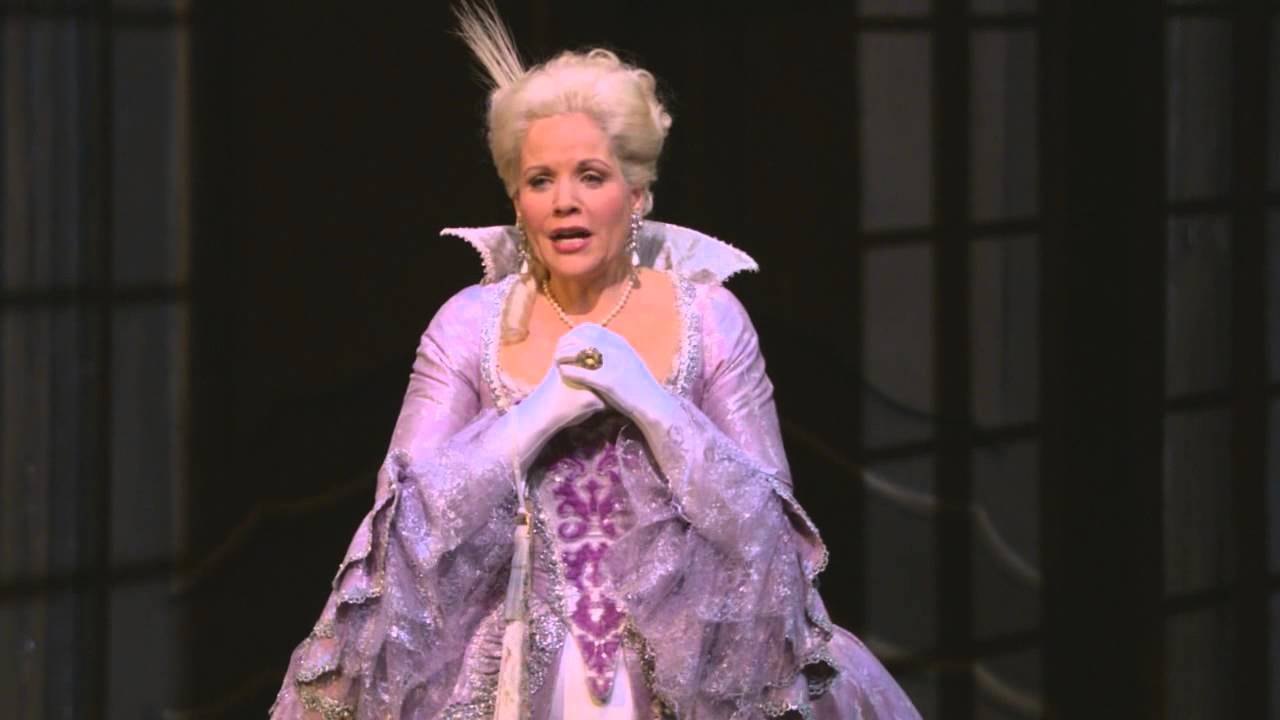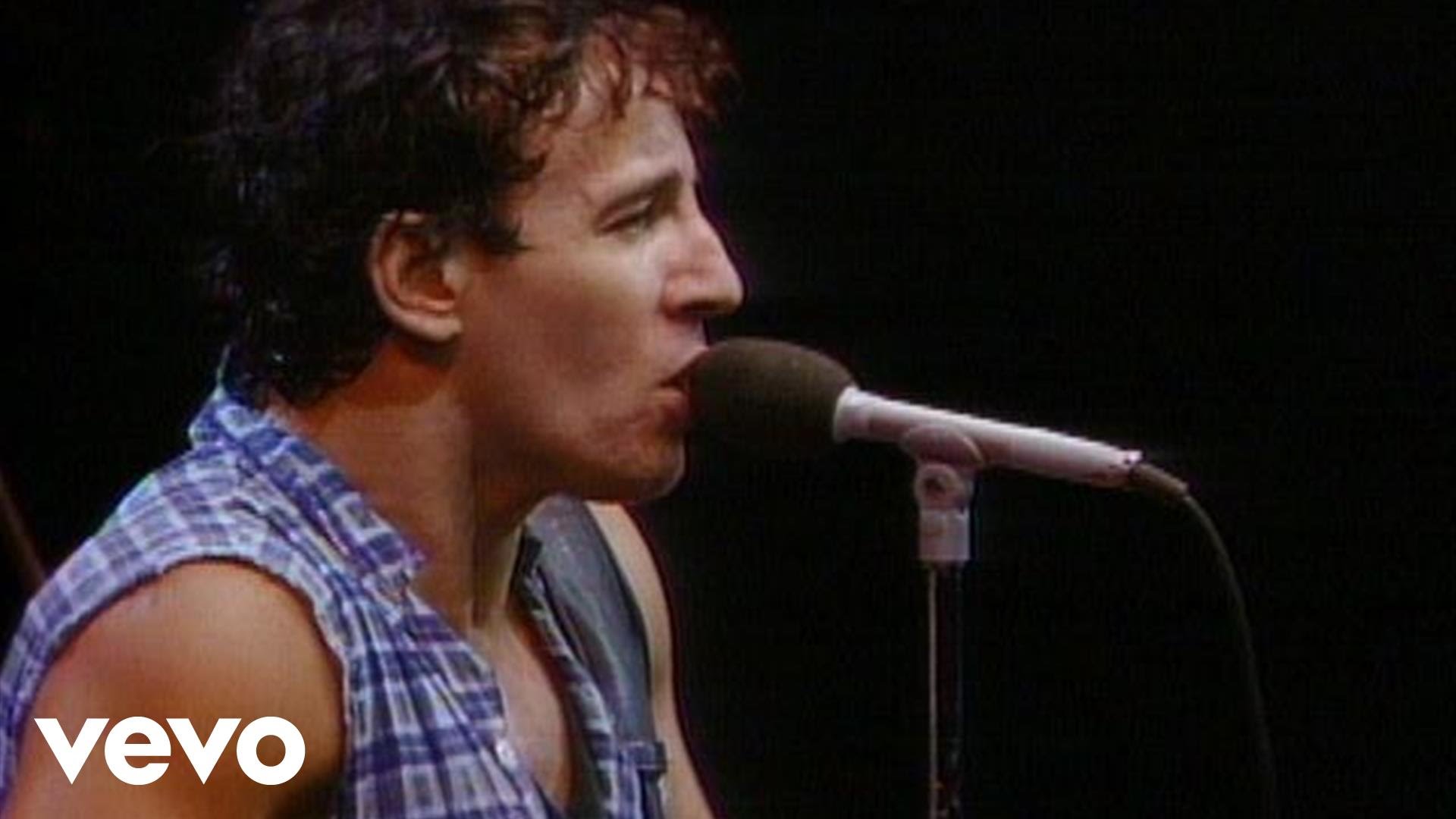Kander and Ebb: Sing Happy
To close the benefit program this week I grabbed a song Amanda Bottoms offered: “Sing Happy,” from the 1965 Flora the Red Menace. The musical is famous for a few things: it marked the first collaboration of composer John Kander and lyricist Fred Ebb, who would soon go on to write Cabaret, Chicago, and a raft of Broadway hits; it won a Tony for Liza Minelli, who was making her Broadway debut at age 19; and it was a flop. Like many Kander and Ebb works, Flora had a politically ambitious premise, but its director George Abbott came from a more traditional theatrical ethos. He was a giant, but not the right giant for this problematic material.
Elena Walsh: Como la cigarra
I write from my perch in Long Island, but when this hits the web this I shall be in San Francisco doing double duty: teaching at San Francisco Opera’s Merola program, and preparing a concert for a Saturday-night fundraiser. For the last few years I’ve been offering a 45-minute show at a San Francisco benefit for FSH Dystrophy research. Being an FSH-er myself, these concerts are very meaningful to me. I’m playing for keeps.
Earl Robinson and John Latouche: Ballad for Americans
June 30 is close enough to July 4 that I’d like to conclude this week with “Ballad for Americans,” a patriotic cantata for soloist, chorus and orchestra. All through my childhood my father played the Paul Robeson recording on Independence Day. Between Robeson’s voice, the casual references to historical figures, the questions and the lists, elementary-school Amy found it absolutely thrilling. As I grew older, it also took on the good feelings that come with a family tradition.
Stephen Sondheim: A Little Priest
It was not consciously planned, but the songs I chose to start and end this week are both idealistic. By contrast, today’s pick involves serial murder and cannibalism.
Vernon Duke: April in Paris
“April in Paris” was recorded by all the big mid-century pop singers; secondhandsongs.com lists more than 60 versions. But my favorite recording omits the lyric. Here is the Count Basie Orchestra, swinging hard in a 1955 arrangement by Wild Bill Davis.
George and Ira Gershwin: The Half of It, Dearie, Blues
In this April 1926 recording (made in London for English Columbia), George Gershwin plays and Fred Astaire sings and taps. To paraphrase the Passover Haggadah: if George Gershwin plays and Astaire sings and taps, dayenu. It would have been enough. But this recording contains a few bonus delights, as Gershwin interpolates licks from Rhapsody in Blue (written the same year as the song) and the men call out to each other. Pure happiness.
Leonard Bernstein and Richard Wilbur: Make Our Garden Grow
I first encountered Candide in a college production that my high school’s Thespian Club attended. It was exciting and irreverent and the “Make Our Garden Grow” finale had me walking on air. I talked about the show so much that my mom bought me the double LP (1974 version with the red cover), which I played over and over in my bedroom. Thanks, Mom!
Gordon Lightfoot: The Wreck of the Edmund Fitzgerald
Our week began with a horror story on a lake and now we will end with a true ghost story on the world’s largest freshwater lake.
Stephen Sondheim: The Ladies Who Lunch
I can’t curate a week of Song of the Day posts without featuring my favorite composer, Stephen Sondheim, the musical theatre’s most prolific living writer. I suspect most of you know Sondheim and George Furth’s 1970 musical Company, but in case this song slipped off the playlist the last time you were at a Midtown sing-along piano bar I’ll provide a little context.
Elton John / Sara Bareilles: Goodbye Yellow Brick Road
I love when great artists cover other great artists’ songs, especially when the cover version turns a pop tune into a beltress’s torch ballad. Today I present you Sara Bareilles’ piano/vocal rendition of Elton John’s 1973 hit “Goodbye Yellow Brick Road.”
Stanisław Moniuszko: Szumią jodły na gór szczycie
Stanisław Moniuszko’s Halka is regarded as the Polish national opera and is widely performed in the composer’s homeland. However, the opera is seldom heard outside Poland despite its charming folk dances, haunting melodies, and a star turn for a lyric soprano.
Hugo Wolf and Eduard Mörike: Die Geister am Mummelsee
We begin our week with a horror story in the Black Forest. One of my favorite things about the study of poetry and music is opening my imagination to the world in which these magnificent compositions were birthed. Take a journey with me now to Stuttgart in the 1820s where we meet a twenty-something year old named Eduard Mörike who was studying to be a clergyman but along the way found a passion for writing.
J. Strauss II: Emperor’s Waltz (orch. by Schoenberg)
Bonus Weekend Song of the Day!
Richard Strauss: trio and duet from Der Rosenkavalier
For the finale, back to harmony and counterpoint. This is the final trio from Der Rosenkavalier, by my all-time favorite cast of Renee Fleming, Susan Graham, and Christine Schaefer. In 2000 a friend and I saw the Fleming-Graham-Schaefer trio in Rosenkavalier at the Met Opera and it was glorious.
Bruce Springsteen: Born to Run
Born to Run can be considered Bruce Springsteen’s anthem. It is also the song that may have saved his career. Up until that moment, Springsteen’s two albums were not selling well. He had a fan base in New Jersey, Manhattan clubs and, for some reason, Arizona. There were executives at Columbia Records who wanted to turn him loose, but his supporters, who were the company publicists and promoters, plus John Hammond, who signed him, convinced everyone to keep him on the label. Third time was the charm.


